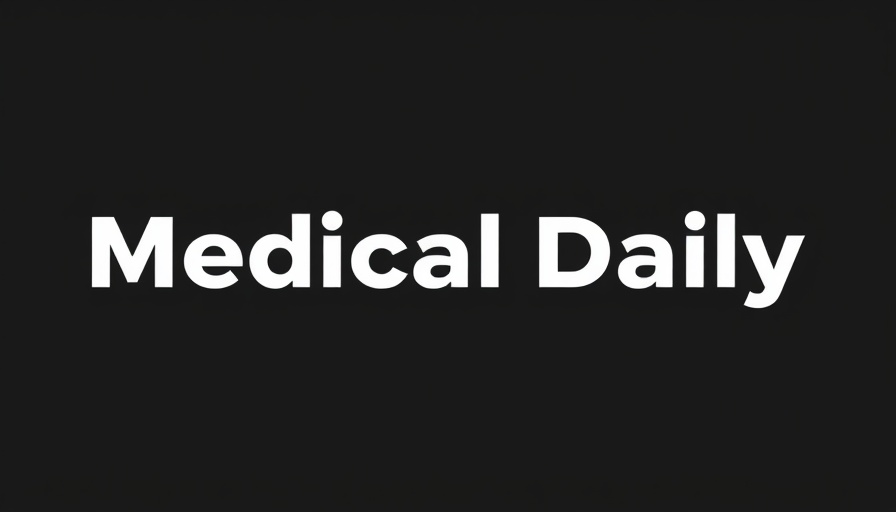
The Tension Between Science and Misinformation
The recent incident where renowned science educator Bill Nye felt compelled to block Robert F. Kennedy Jr. due to incessant texts promoting debunked autism theories showcases a critical conversation igniting distress among scientific communities and public health officials alike. Nye's experience is not just a personal story; it symbolizes the larger struggle against persistent vaccine misinformation that threatens decades of public health progress.
How Autism Myths Take Root
Nye's engagement with Kennedy revealed not only the relentless nature of these claims but highlighted the deceptive tactics often used to promote them. Despite overwhelming scientific evidence refuting any connection between vaccines and autism, the myths persist, largely stemming from misinterpretations and misrepresentations of data. Advocates of these theories often conflate correlation with causation, leading to widespread confusion.
Wider Implications of Vaccine Skepticism
With the CDC reporting more measles cases in 2025 than any year since the virus was declared eradicated in the U.S. back in 2000, it becomes clearer that misinformation has real-world consequences. Experts express concern that a drop in vaccine compliance — from 95% in 2019 to 93% in 2023 — signals troubling times ahead for public health. This trajectory raises alarms not only for measles but also for other vaccine-preventable diseases.
Navigating Public Health in a Misinformed Era
The social repercussions of vaccine skepticism cannot be understated. As Nye humorously pointed out, it seems as though individuals like Kennedy thrive in chaotic environments, asserting claims amidst a sea of established facts. This chaos detracts from legitimate public health discussions and creates a chasm between scientifically literate populations and those susceptible to misinformation.
Finding Trustworthy Health Information
So how do we navigate this landscape? For individuals seeking reliable health information, it is critical to rely on reputable sources such as the CDC and peer-reviewed journals. Engaging with communities dedicated to science communication can also help counteract the influence of misinformation while promoting public trust in vaccine safety and efficacy.
The Importance of Science Communication
The need for effective science communication has never been more urgent. What Bill Nye embodies through his advocacy is not relying on expertise alone but also the importance of connecting with communities, answering their questions, and dispelling myths with compassion and clarity. Educators and public health advocates must work collectively to encourage healthy discourse around vaccines and their role in safeguarding public health.
In this age of information, it is vital for us to discern fact from fallacy, supporting the idea that science is not just a body of knowledge but a unique way of understanding our world. Perhaps Nye’s interaction with Kennedy will not just remain an anecdote but serve as a clarion call for renewed efforts in the fight against public health misinformation.
 Add Row
Add Row  Add
Add 




 Add Row
Add Row  Add
Add 

Write A Comment